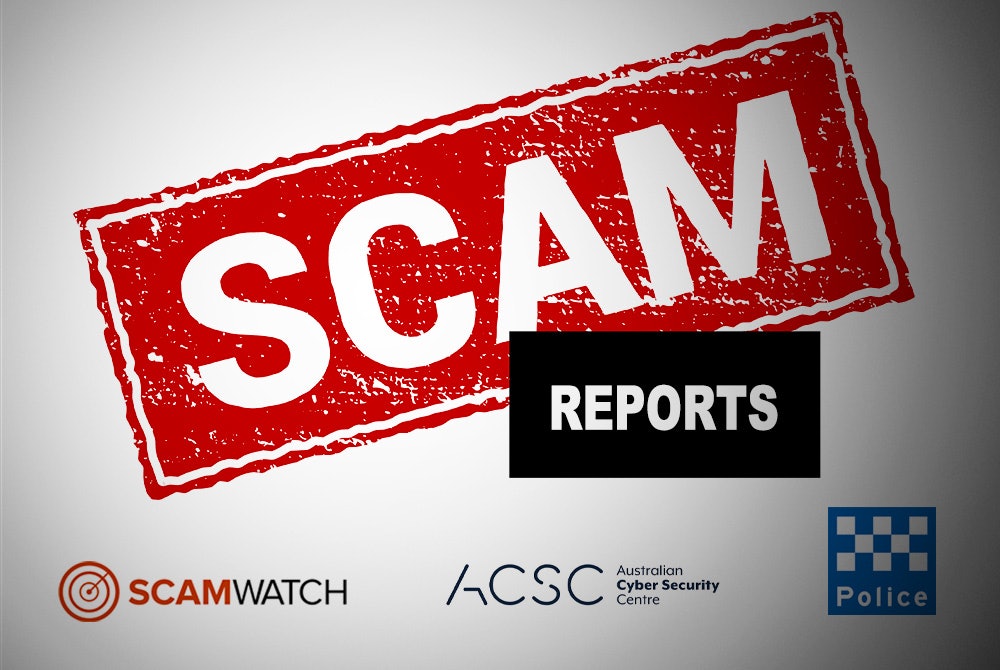Introduction:
In the ever-evolving landscape of communication technologies, Short Message Service (SMS) gateways stand out as a robust and efficient means of connecting people around the globe. SMS gateways serve as a crucial link between various applications and the mobile network, facilitating the seamless exchange of text messages. Sms API article delves into the intricacies of SMS gateways, exploring their functionalities, applications, and the significant role they play in modern communication.
Understanding SMS Gateways:
An SMS gateway is a telecommunications network node that enables the sending and receiving of text messages between different communication devices, such as mobile phones, computers, and other applications. Acting as a bridge between the internet or computer systems and the cellular network, SMS gateways facilitate the transmission of messages through standard telecommunication protocols.
Key Features of SMS Gateways:
- Message Routing: SMS gateways route messages from one device or application to another, ensuring that the information reaches its intended destination.
- Protocol Translation: These gateways translate messages between different communication protocols, allowing for compatibility between diverse systems.
- Sender ID Customization: Users can customize the sender ID, making it possible to brand messages or make them easily recognizable to recipients.
- Message Queuing: SMS gateways often incorporate message queuing systems, allowing for the efficient handling of a large volume of messages.
- Delivery Reports: Users can receive delivery reports, providing confirmation that the message has been successfully delivered to the recipient.
Applications of SMS Gateways:
- Marketing and Promotions: Businesses leverage SMS gateways for marketing campaigns, promotions, and customer engagement. SMS is a direct and effective way to reach a wide audience instantly.
- Authentication and Security: SMS gateways play a crucial role in two-factor authentication and security protocols. They send verification codes or authentication messages to ensure the security of online accounts and transactions.
- Alerts and Notifications: Various applications, such as banking systems, healthcare platforms, and logistics services, use SMS gateways to send timely alerts and notifications to users.
- Surveys and Feedback: Organizations use SMS gateways to conduct surveys and gather feedback from customers. This direct communication channel allows for real-time interaction and data collection.
- Emergency Communication: Governments and emergency services employ SMS gateways to broadcast critical information during emergencies, natural disasters, or public safety incidents.
Challenges and Considerations:
While SMS gateways offer numerous advantages, there are challenges and considerations that users and organizations should be mindful of, such as:
- Message Delivery Delays: Network congestion or technical issues may lead to delays in message delivery.
- Regulatory Compliance: Different regions have varying regulations regarding SMS communications. Users must comply with local regulations to avoid legal issues.
- Security Concerns: As with any form of communication, there are security considerations. Encryption and secure protocols should be implemented to protect sensitive information.
Conclusion:
SMS gateways have become indispensable in the realm of modern communication, offering a reliable and versatile means of connecting people and systems. From business marketing to emergency notifications, the applications of SMS gateways continue to expand. As technology advances, these gateways will likely evolve to meet the changing needs of a connected world, ensuring that the power of text messaging remains a vital component of our daily interactions.



